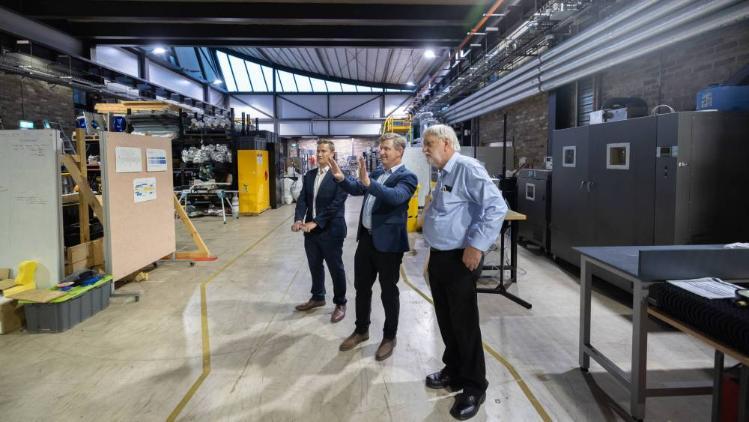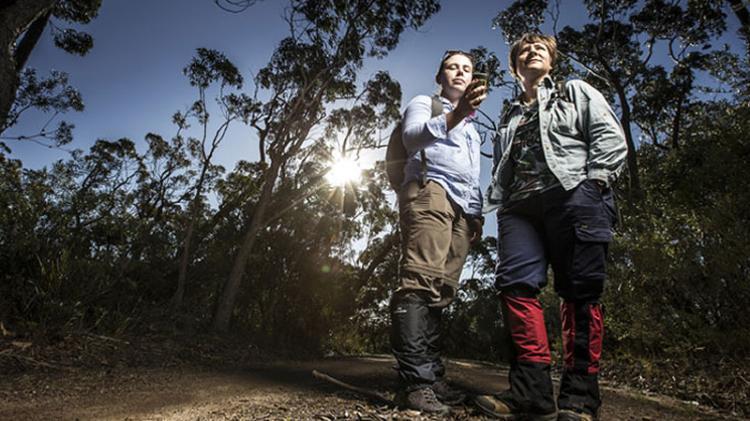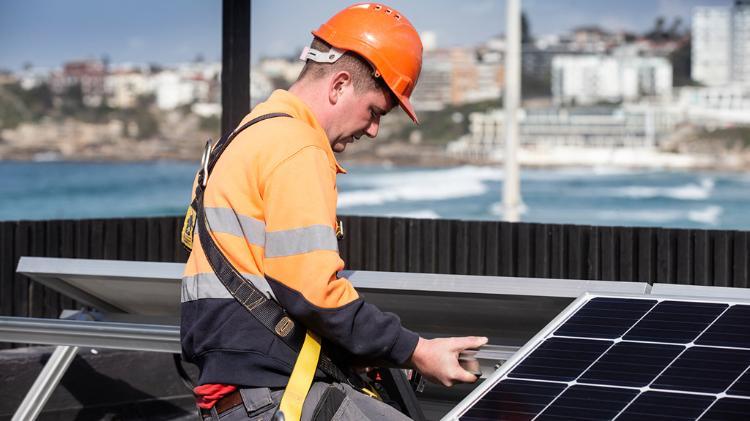Case studies
- Food security, nutrition and sustainable agriculture captured in Pacific Food Trade Database
- Regenerative farming partnership formed for emerging seaweed and shellfish farming sectors
Researchers from the UOW-based Australian National Centre for Ocean Resources and Security (ANCORS), led by food systems senior research fellow Dr Tom Brewer, have developed the Pacific Food Trade Database to assist regional analysis and decision making.
Food security, nutrition and sustainable agriculture are one of the UN’s Sustainable Development Goals, and are central to a healthy future for Pacific Island countries and territories.
Information held within the database can inform high-level policy making and decisions about food production, impact of trade agreements, diet-related health outcomes and regional food security. The database will be used by national governments across the Pacific and by regional trade, agriculture, health and coordination bodies.
The database has already revealed several important findings including growing import dependence, particularly of wheat, rice and meat for food security, and an alarming increase in the volume of highly processed food being imported from East and Southeast Asia.

- SDG 3 – Good health and Wellbeing
- SDG 10 – Reduced Inequalities
- SDG 11 - Sustainable Cities and Communities
- SDG 12 – Responsible Consumption and Production
Regenerative farming is considered one of the most sustainable forms of aquaculture on the planet. It involves the natural environment providing the inputs needed for growth, allowing stock to grow on its own using natural food sources and conditions.
Today, shellfish farming dominates Australia’s regenerative farming footprint. However, Australia’s coastal waters are home to thousands of native seaweed species and offer the potential for a thriving seaweed industry.
This collaborative research project will work alongside community, Indigenous rights holders and other marine estate users to understand what matters to them when it comes to growing the blue economy. It will also examine the potential to further develop regenerative farming in the waters off the south coast of NSW, including optimising marine space through the co-location of seaweed and shellfish on the same sites.

- SDG 8 – Decent Work and Economic Growth
- SDG 9 - Industry, Innovation and Infrastructure
- SDG 11 – Sustainable Cities and Communities
- SDG 12 – Responsible Consumption and Production
- SDG 14 – Life Below Water
- SDG 17 – Partnerships for the Goals



















